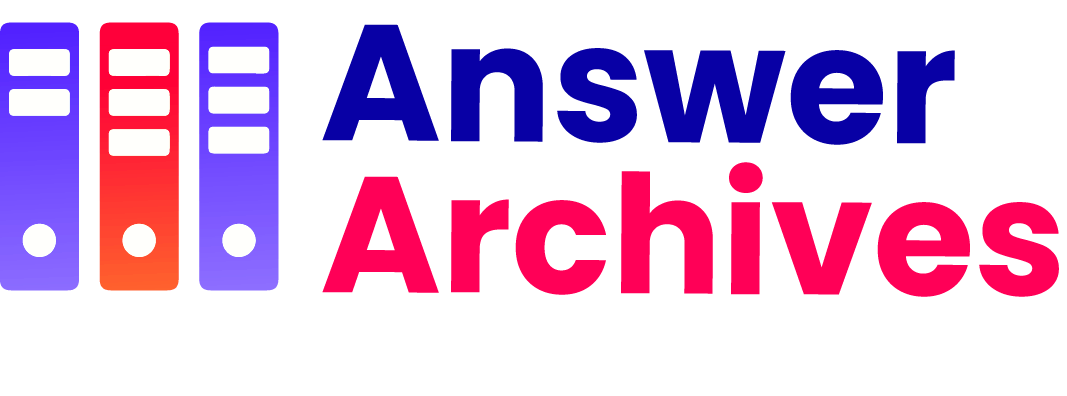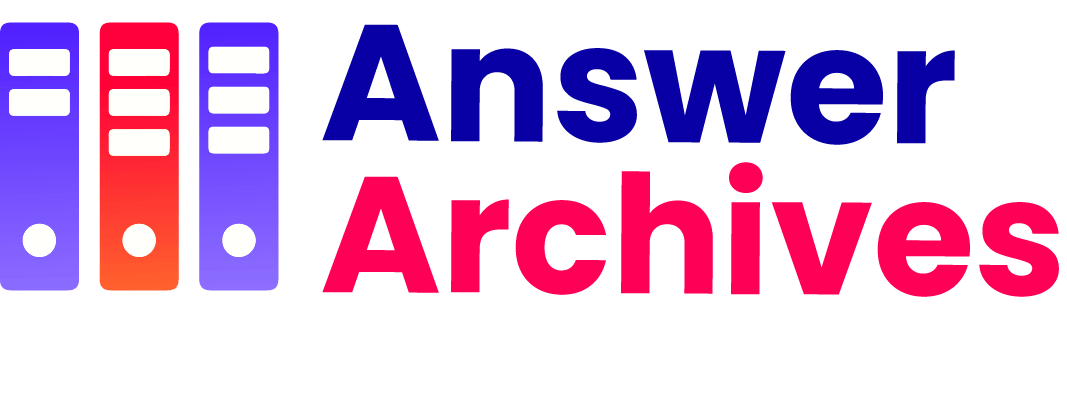Table of Contents
Mastering blockchain technology is becoming essential as it rapidly evolves and integrates into various industries. Understanding its principles and applications is key to staying competitive in the modern world. This guide explores the necessary steps to master blockchain education.
Understanding Blockchain Basics
Before delving into complex concepts, it&8217;s vital to grasp the basics of blockchain technology. At its core, blockchain is a decentralized digital ledger that records transactions across many computers. This ensures that the records are secure and tamper-proof.
Blockchain operates through a network of nodes, which validate and verify each transaction. These transactions are then grouped into blocks and linked together, forming a chain. Understanding these fundamentals lays the groundwork for more advanced topics. Many online courses and open educational resources provide accessible introductions to these foundational principles.
The Importance of Cryptography
Cryptography is the backbone of blockchain technology, ensuring security and privacy in digital transactions. It involves complex mathematical algorithms to add a layer of security that prevents unauthorized access and fraud. Public and private keys, which are crucial components of cryptography, enable the secure transfer of data by ensuring only the intended recipient can access the information. Learning the basics of cryptography, such as hash functions and digital signatures, is essential for anyone looking to master blockchain technology. Fortunately, there are numerous resources, from online courses to textbooks, that provide comprehensive insights into cryptographic methods used in blockchain.
Decentralization: A Paradigm Shift
Decentralization is a key feature that sets blockchain apart from traditional centralized systems. Instead of relying on a single entity, like a bank or a company, blockchain operates on a peer-to-peer network. This paradigm shift means that no single point of failure exists, making the system more robust and less susceptible to attacks. Decentralization also empowers individuals by giving them control over their own data and transactions. Understanding how decentralization works and its benefits is crucial for anyone looking to leverage blockchain technology. Online forums, webinars, and specialized courses offer valuable insights into this transformative aspect.
Smart Contracts: The Future of Agreements
Smart contracts are self-executing contracts with the terms of the agreement directly written into code. They automatically execute and enforce the terms when predefined conditions are met, reducing the need for intermediaries and minimizing the risk of fraud. Smart contracts have a wide range of applications, from financial services to supply chain management. To master blockchain, one must understand how to create and implement smart contracts. Languages like Solidity for Ethereum-based contracts are a good starting point. There are many online platforms offering tutorials and courses to help beginners get started with smart contracts.
Real-World Applications
Blockchain technology is no longer confined to cryptocurrencies. Its real-world applications are expanding across various sectors. In finance, it can streamline cross-border payments and enhance security. In supply chain management, it can increase transparency and traceability. Healthcare can benefit from secure patient data management, while governments can improve the efficiency of public services like voting systems. Understanding these applications will give you a broader perspective on how blockchain can be leveraged to solve real-world problems. Case studies, industry reports, and news articles often provide insights into how blockchain is being implemented in different fields.
Regulatory Landscape
Understanding the regulatory landscape is crucial for anyone looking to work with blockchain technology. Regulations vary significantly from one country to another, ranging from supportive frameworks to strict prohibitions. Familiarizing yourself with the legal aspects, such as compliance requirements and intellectual property considerations, can help you navigate the complexities of blockchain implementation. Regulatory bodies and law firms specializing in blockchain often publish guidelines and reports that can serve as valuable resources. Keeping abreast of regulatory changes is essential, as the legal landscape for blockchain is continually evolving.
Community and Networking
The blockchain community is vast and dynamic, offering numerous opportunities for networking and collaboration. Joining forums, attending conferences, and participating in webinars can provide you with valuable insights and connections. Engaging with the community can also help you stay updated on the latest trends and developments in blockchain technology. Many organizations and groups focus on blockchain education and innovation, providing platforms for knowledge sharing and skill development. Networking with experts and enthusiasts can significantly enhance your understanding and open up new opportunities for growth.
Future Trends
Staying ahead of future trends is essential for mastering blockchain technology. Innovations like blockchain interoperability, where different blockchain networks can communicate with each other, and advancements in quantum-resistant cryptography are on the horizon. Additionally, the integration of blockchain with other emerging technologies like artificial intelligence and the Internet of Things (IoT) promises to unlock new possibilities. Keeping an eye on these trends through research, attending webinars, and reading industry reports can help you stay informed and prepared for the future landscape of blockchain technology.
Conclusion
Mastering blockchain technology requires a comprehensive understanding of its fundamentals, cryptography, decentralization, smart contracts, real-world applications, regulatory landscape, community, and future trends. By taking a holistic approach to education and continuously updating your knowledge, you can stay competitive in this fast-evolving field. Engaging with the blockchain community and leveraging various educational resources can significantly enhance your learning experience. As blockchain technology continues to transform industries and society, being well-versed in its principles and applications will position you for success in the modern age.


